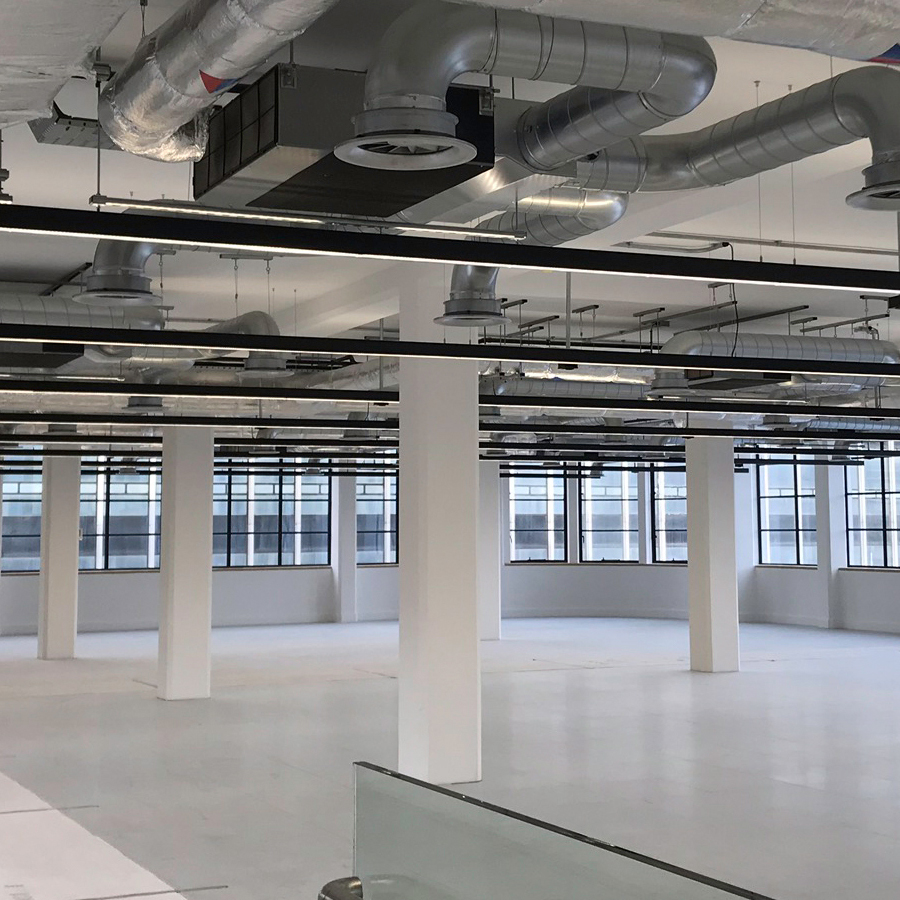
Detailed building surveys are essential before acquisition.

21st February 2022
David McTear MRICS
Before acquisition, there is usually a need for a detailed building survey to establish elemental condition and provide the investor with an understanding of how this will impact the future ownership of the building.
Surveys of buildings entail a detailed inspection and report on the condition of roofs, walls and cladding, floors, structural frames, windows and doors, staircases, internal finishes, building services, and the external areas, including any other areas outbuildings or boundary walls. As well as the condition of the building and the technical and cost implications of ownership, a building survey report may recommend where further specialist surveys on matters such as land contamination and environmental issues generally, as well as deleterious and hazardous materials. Additionally, the survey report would draw attention to any issues that may need legal, due diligence work, for example, party walls, rights of way and easements.
Building survey reports conclude with a summarised assessment of the property's condition, together with recommendations for repair and costs. The report should be tailored to ensure it provides the advice needed for the client given their plans for the building, which could be occupation, letting or redevelopment.
Inspecting and advising on the underlying causes of building defects, often referred to as building pathology, is a skill that requires knowledge of building materials, design and construction techniques and being able to establish the mode of failure from visual and sometimes invasive survey work. Accurately diagnosing defects, with advice on rectification, can help preserve a property's investment value and reduce unnecessary maintenance expenditure for building owners and occupiers.
As Chartered Building Surveyors, Property Tectonics can provide advice on building surveys as part of a due diligence process such as acquisition and building defects and their rectification.